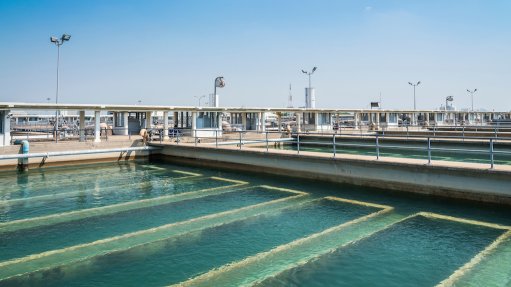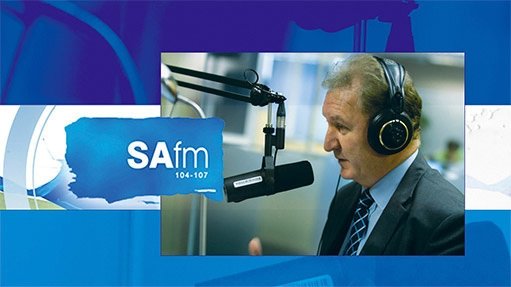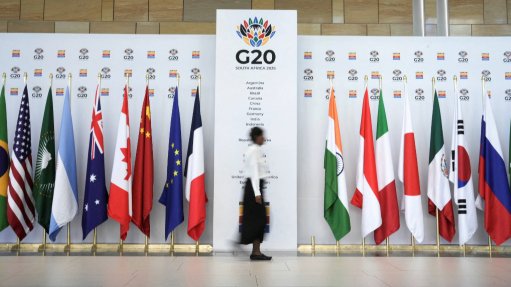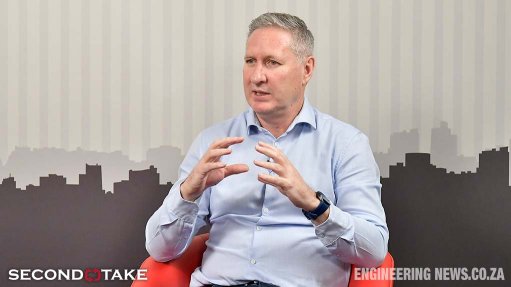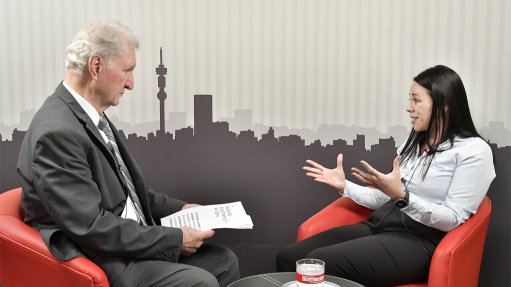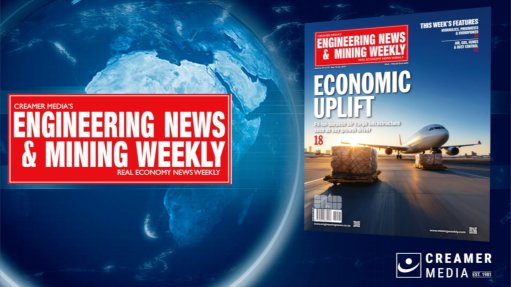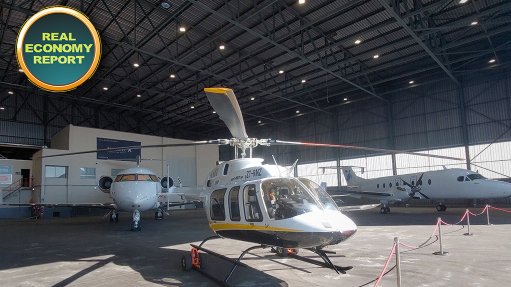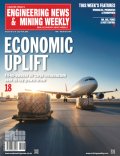BFAP warns of looming sugarcane job losses if sugar tax is increased

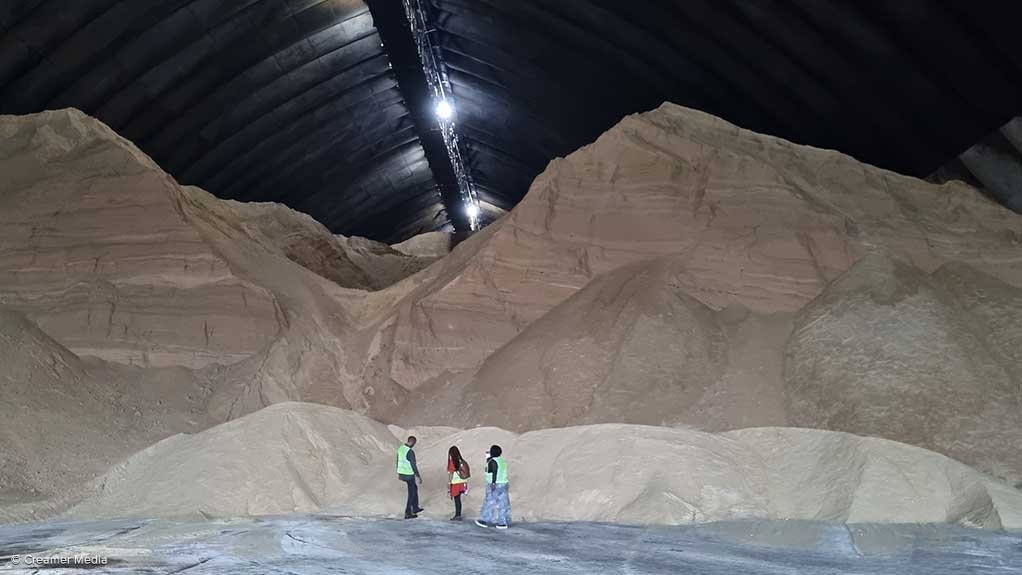
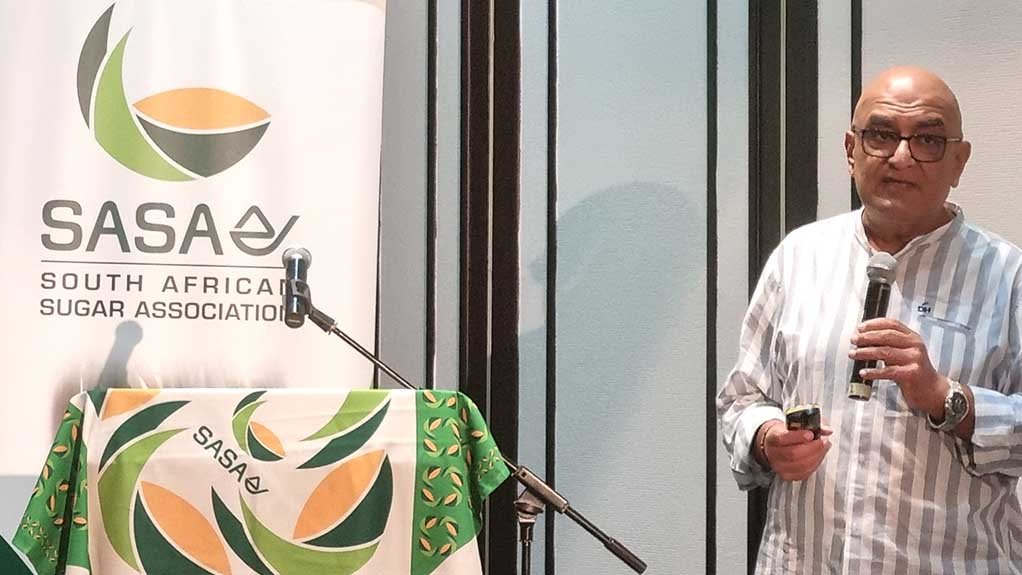
Inside a sugar silo at Durban export terminal
Photo by Creamer Media's Marleny Arnoldi
SASA CEO Trix Trikam
Photo by Creamer Media's Marleny Arnoldi
A study by the Bureau for Food and Agricultural Policy (BFAP) finds that an above-inflation increase in the Health Promotion Levy (HPL), or sugar tax, would put 6 000 farm-level jobs and 3 000 small-scale growers at risk in the sugarcane industry between this year and 2025.
South African Sugar Association (SASA) CEO Trix Trikam says the sugar industry has already lost about 10 000 jobs and R4.8-billion in revenue since the implementation of the HPL in April 2018.
Sugarcane production is already declining owing to various micro- and macroeconomic factors and stands to have 26 400 ha going out of production in the next ten years.
Over the past 20 years, yearly sugar production has declined by nearly 25%, from 2.75-million tonnes to just over two-million tonnes a year.
Considering changes to the HPL, an additional 27 400 ha could go out of production, leaving more livelihoods and communities impacted along the sugar value chain.
“An increase to the HPL in 2023/24 will have a significant impact on the industry’s ability to deliver against the objectives of employment protection, small-scale grower retention and transformation, while putting increased pressure on the industry to develop diversification strategies that address alternative markets for cane and sugar, and an alternative to cane production as area under cane continues to decline,” explains BFAP agricultural socioeconomics head Sandy Jackson.
The impact of a reduction in local demand for refined white sugar goes beyond just farm-level, Jackson points out, stating that the sugar industry’s average revenue of R18-billion comprises R10-billion from the sugarcane value chain activities and R8-billion from milling or refining.
According to the South African Sugar Millers’ Association, the closure of additional mills and refining capacity would put about 1 000 jobs at risk.
Should 160 000 t of sugar demand dissipate, for example, the industry would stand to lose R600-million a year in revenue and thereby reduce profitability for both millers and growers.
Jackson says an inflationary adjustment to the HPL is unlikely to lead to significant reductions in demand, since this will not trigger sugar sweetened beverage (SSB) manufacturers to reformulate their product recipes to replace cane sugar with alternative or artificial sweeteners; however, this type of adjustment may impact on consumer demand owing to the increased cost of SSBs.
Government in February 2022 increased the HPL from 2.21c/g to 2.31c/g on SSBs with a sugar content of more than 4 g per 100 ml; however, the increase had been postponed owing to a moratorium negotiated under the Sugarcane Master Plan and with government wanting to pursue broader consultation.
The implementation of the increase had been postponed to April 1 this year, with new proposals to the HPL having since included an inflationary-linked adjustment, a lowering of the threshold to 2 g per 100 ml, a removal of the threshold and an expansion of the tax to other food products.
Jackson says a lowering of the threshold would result in significant demand declines.
SASA has asked government to put a moratorium on the sugar tax, to provide the industry time to diversify, since sugarcane is a flexible crop that can be used to produce other commodities.
For example, fibre waste from sugar extraction can be used in bioethanol production as animal feed and to create new bioplastics and bioenergy.
Trikam confirms there is a growing global market for alternative sugarcane products, given the increased focus on environmentally sustainable products and the added impetus owing to the Ukraine war.
SASA, through the Sugarcane Master Plan, has identified ten diversification opportunities to ensure the viability and sustainability of the industry. Many prefeasibility and feasibility studies are underway in this regard.
STUDY OUTCOMES
Trikam is adamant that, in the absence of any proof that the levy has been effective, it needs to be reconsidered.
Another industry association, the South African Cane Growers’ Association, has challenged government in court through a Promotion of Access to Information Act application, asking for information that informed government in its decision-making around the HPL, since no information is publicly available.
Trikam confirms that government has embarked on a National Intake Study to assess food consumption patterns and nutrient intake of South Africans.
The study is due to be published at the end of February; however, Trikam deems it more likely that the study will be published in March.
This study should help determine, once and for all, whether sugar intake is clearly linked to the cause of noncommunicable diseases such as obesity and diabetes, and, if so, to what extent.
*Marleny Arnoldi was the guest of SASA during a two-day site visit to various sugar operations in KwaZulu-Natal.
Comments
Announcements
What's On
Subscribe to improve your user experience...
Option 1 (equivalent of R125 a month):
Receive a weekly copy of Creamer Media's Engineering News & Mining Weekly magazine
(print copy for those in South Africa and e-magazine for those outside of South Africa)
Receive daily email newsletters
Access to full search results
Access archive of magazine back copies
Access to Projects in Progress
Access to ONE Research Report of your choice in PDF format
Option 2 (equivalent of R375 a month):
All benefits from Option 1
PLUS
Access to Creamer Media's Research Channel Africa for ALL Research Reports, in PDF format, on various industrial and mining sectors
including Electricity; Water; Energy Transition; Hydrogen; Roads, Rail and Ports; Coal; Gold; Platinum; Battery Metals; etc.
Already a subscriber?
Forgotten your password?
Receive weekly copy of Creamer Media's Engineering News & Mining Weekly magazine (print copy for those in South Africa and e-magazine for those outside of South Africa)
➕
Recieve daily email newsletters
➕
Access to full search results
➕
Access archive of magazine back copies
➕
Access to Projects in Progress
➕
Access to ONE Research Report of your choice in PDF format
RESEARCH CHANNEL AFRICA
R4500 (equivalent of R375 a month)
SUBSCRIBEAll benefits from Option 1
➕
Access to Creamer Media's Research Channel Africa for ALL Research Reports on various industrial and mining sectors, in PDF format, including on:
Electricity
➕
Water
➕
Energy Transition
➕
Hydrogen
➕
Roads, Rail and Ports
➕
Coal
➕
Gold
➕
Platinum
➕
Battery Metals
➕
etc.
Receive all benefits from Option 1 or Option 2 delivered to numerous people at your company
➕
Multiple User names and Passwords for simultaneous log-ins
➕
Intranet integration access to all in your organisation








